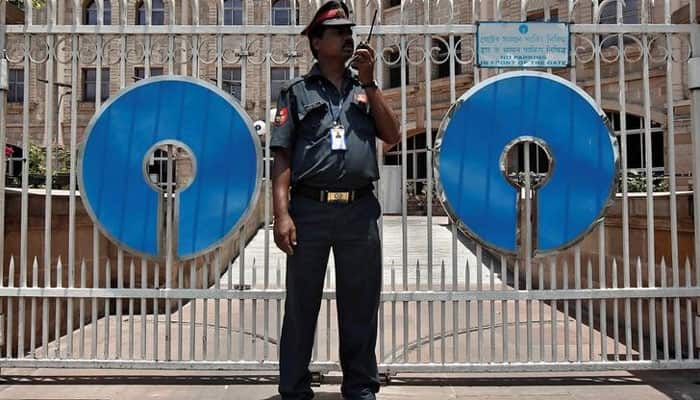Mumbai: Global rating agency Fitch today downgraded the viability ratings (VRs) of State Bank of India (SBI) and Bank of Baroda (BoB), but affirmed their 'BBB' long-term issuer default ratings, along with that of Canara Bank and Bank of India (BoI).
The agency has also retained the stable outlook on these lenders.
Fitch has downgraded the VRs of SBI and BoB by one-notch to 'BB+' and 'BB', respectively, citing "their weakened intrinsic risk profile due to the negative effect of persistently poor asset quality and earnings on their capital position".
The agency, which has a negative sector outlook on the domestic banks, however, said the new NPA framework has accelerated bad-loan recognition, and should improve the health over the long term.
"However, heavy losses and capital erosion reinforces our belief that sector core capitalisation will remain weak unless authorities provide more capital than the budgeted USD 11 billion," it added.
Nineteen of the 21 state-run banks have reported losses in FY18, cumulatively wiping out almost all of the USD 13-billion capital injections during the year. Eleven of them reported common equity Tier 1 (CET1) ratios that fell short of the 8 percent requirement for Basel III capital migration.
"We expect internal capital generation to remain weak, although many state banks should be able to recover from losses in FY19. Credit cost, which rose to 4.3 percent on average at state-owned banks from 2.5 percent in FY17 are likely to moderate, but ageing provisions, slippage from watchlist portfolios and the poor growth outlook limits the upside," the agency said.
The long-term ratings of SBI, BoB, Canara Bank and BoI are driven by their support ratings of '2' and support rating floors of 'BBB-', Fitch said, adding the support ratings and support rating floors reflect its expectation that the banks are likely to receive extraordinary government support due to their high systemic importance and the government ownership.
On the VR downgrade of SBI, the agency said, "The one- notch downgrade to 'BB+' from 'BBB-' reflects the bank's vulnerable core capitalisation from its prolonged asset quality problems and weak earnings."
SBI's NPA ratio increased further to 11 percent, while its net NPL/core capital exceeded 50 percent. Both ratios are better than most of public sector banks, but have increased risk for core capitalisation.
On the VR downgrade of BoB, it said the one-notch downgrade to 'BB' from 'BB+' reflects increasing pressure on its capital position from extended financial weakness in terms of NPAs and earnings.
BoB's CET1 ratio at 9.2 percent is slightly better despite losses and is higher than that of most state-owned peers, but its NPA ratio jumped to 12.3 percent.
Canara Bank's VR of BB reflects the 60 bps improvement in its CET1 ratio to 9.5 percent in FY18, supported by fresh equity, over and above that infused by the government.
On BoI, which has a VR of 'B+', the report said this is at the lower end of large public-sector banks and reflects its weak financial position, as evident from three years of consecutive losses and a significant jump in its gross NPAs 16.6 percent in FY18.
















